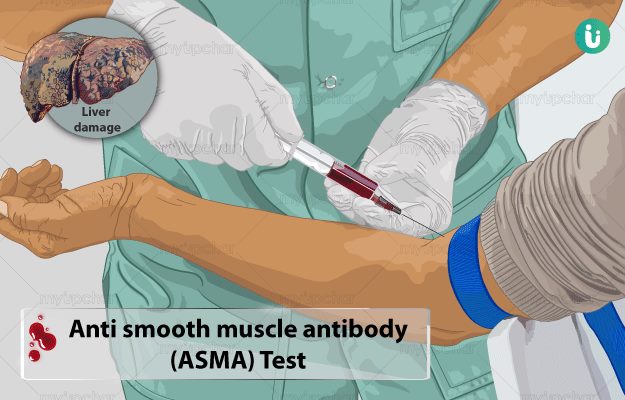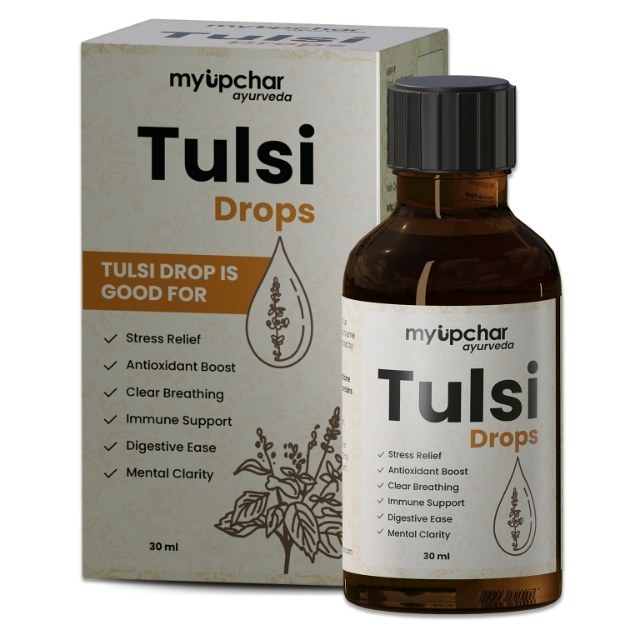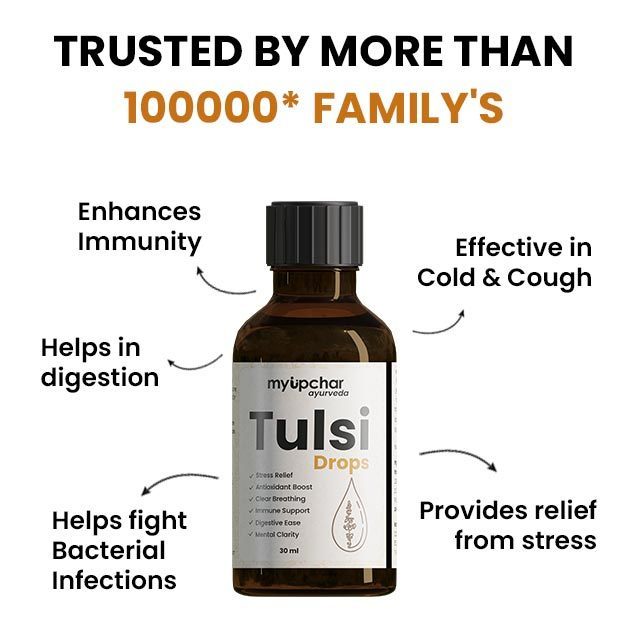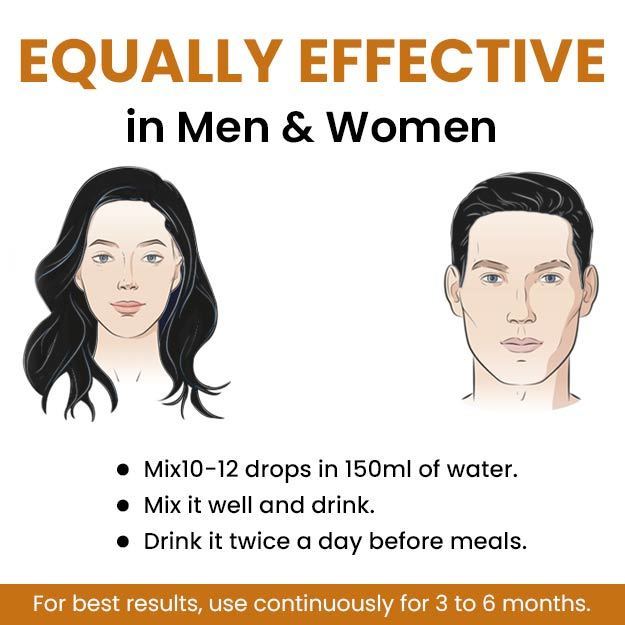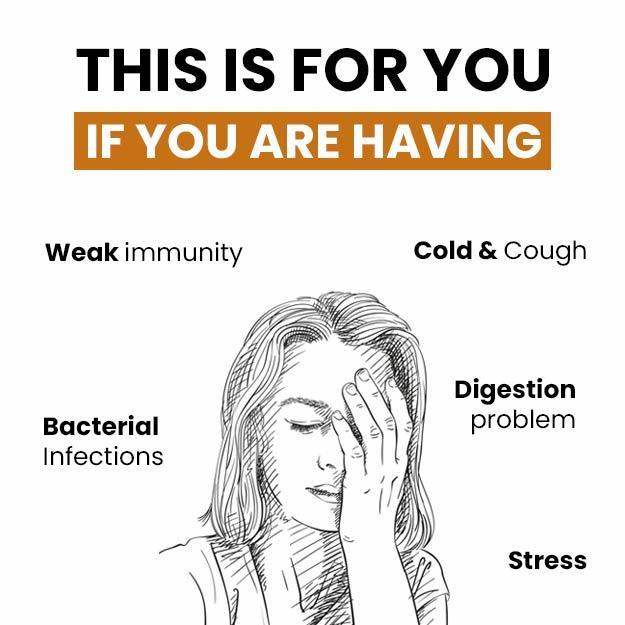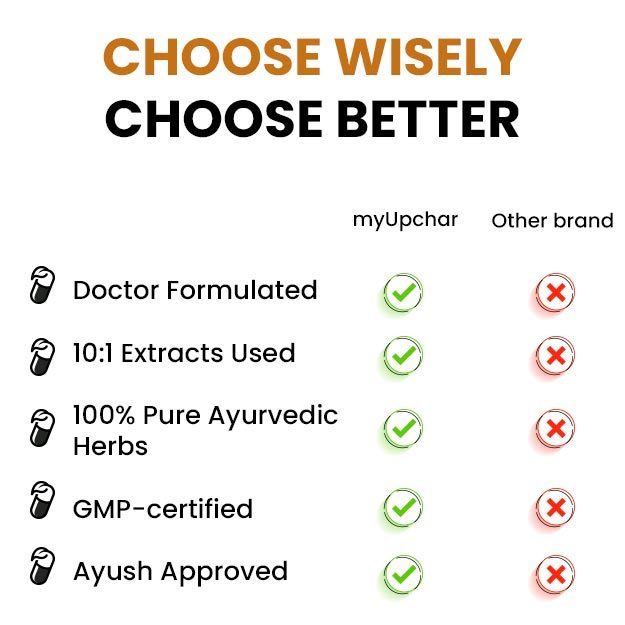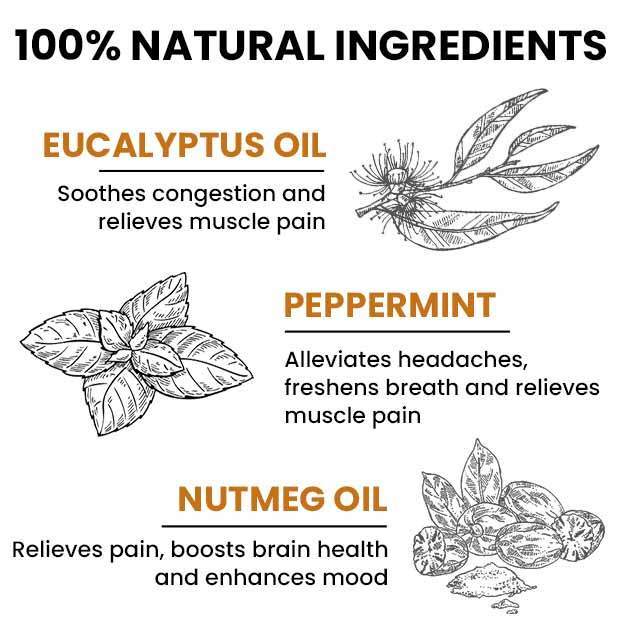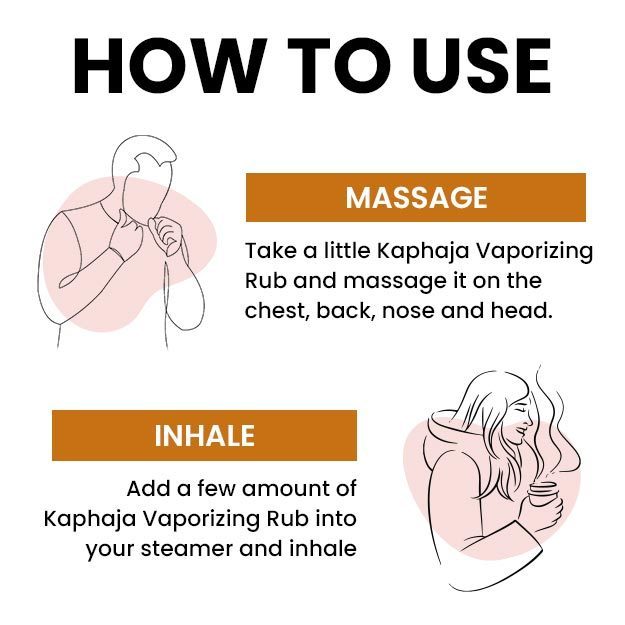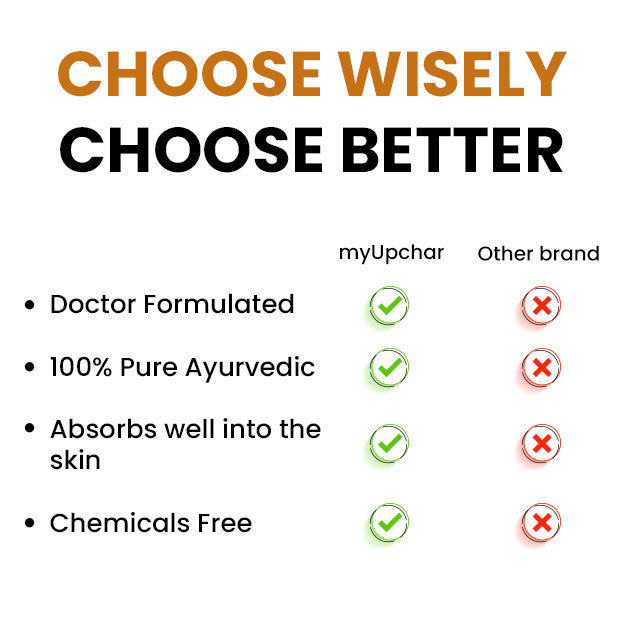What is Anti-Smooth Muscle Antibody (ASMA) test?
An ASMA test checks for the presence of antibodies against smooth muscles. Smooth muscles are one of the three types of muscles in our body. They are mostly involuntary muscles (you can't control the function of these muscles) and are involved in various functions for example flow of air in lungs and movement of food in the digestive tract. Antibodies are specialised proteins, which are a part of the defence system of the body. They fight pathogens (disease-causing organisms) and prevent infections. However, in certain conditions, a person’s body starts producing antibodies against its own cells and tissues - these antibodies are known as autoantibodies and the condition is generally referred to as an autoimmune disease.
On a molecular level, antibodies are produced against specific components - called antigens - on the surface of pathogenic organisms. However, in autoimmune diseases, antibodies mistakenly identify some proteins of the body as antigens and start destroying them. In the case of ASMA, this antigen is actin - a protein found in smooth muscles. Anti- smooth muscle antibodies are usually associated with liver damage. These antibodies are usually of two types: immunoglobulin G (IgG) and immunoglobulin M (IgM).
Although it is said that the test is rather non-specific for liver diseases, ASMA is found in up to 70% of people who have type 1 autoimmune hepatitis. Small amounts of this antibody are also found in other diseases.

